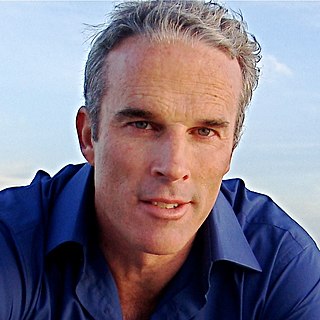A Quote by Philip Kitcher
So this is my attempt to give a preliminary - probably far too crude - account of how philosophy by showing can really teach us. The attempts we make to work through problems by reasoning always presuppose starting points, and even the most self-critical philosophers adopt some of those starting points simply by picking them up from the social environments in which they grow up.
Quote Topics
Account
Adopt
Always
Attempt
Attempts
Critical
Crude
Environments
Even
Far
Give
Grow
Grow Up
How
Make
Most
Philosophy
Picking
Points
Preliminary
Problems
Really
Reasoning
Self
Self-Critical
Showing
Simply
Social
Social Environment
Some
Starting
Starting Point
Teach
Them
Those
Through
Too
Up
Us
Which
Work
Related Quotes
Philosophy by showing - including philosophy in literature - does truly valuable work in leading us to new perspectives from which our arguments can then begin. It does so by introducing new synthetic complexes, which we then reflect on from various points of view. When the complexes survive and grow, that initial showing has been philosophically decisive.
I think it's really, really important to grow the consensus and to realize that there is always some value that can be shared with another American, on any issue. Starting from those points of common belief and shared values is very, I think, important to forging the consensus that allows these issues to more forward.
(About plan during Texas Relays) Have fun, be healthy, and enjoy the Relays for what it is. I'll just try to use the crowd and get some adrenaline and have a good time; just work on some things in this environment. This is almost a championship environment when you get down to it- with all of the fans, the energy and the adrenaline you get lining up. It's good rehearsal for the bigger stages and it's the season opener. This is the starting point. We're just looking for some starting points and to use some adrenaline to our advantage.
I loved teaching social studies. And I loved starting each year by teaching about John Locke and the social contract. That lesson helped me teach not just about our rules for the classroom, but how, in our democracy, we give up some individual rights to ensure we collectively have the right to live and prosper in a society.
Ultimately, the yards really don't matter. So you have to score enough points, and I have been fortunate in my career to have been around some really good play callers, starting with Gary Kubiak and then going with Kyle Shanahan and Sean McVay, and that was always at the forefront of our minds: How can we create explosive plays?
Before making peace, war is necessary, and that war must be made with our self. Our worst enemy is our self: our faults, our weaknesses, our limitations. And our mind is such a traitor! What does it? It covers our faults even from our own eyes, and points out to us the reason for all our difficulties: others! So it constantly deludes us, keeping us unaware of the real enemy, and pushes us towards those others to fight them, showing them to us as our enemies.
A word about blue jeans, which, when I was growing up, were called dungarees, one of the more unfortunate marketing ideas of our time: Starting as a work garment for miners, the ubiquitous blue jeans became a staple of the counterculture starting when Brando wore them in 'On the Waterfront' and remained so through the anti-war protests of the '70s.
































